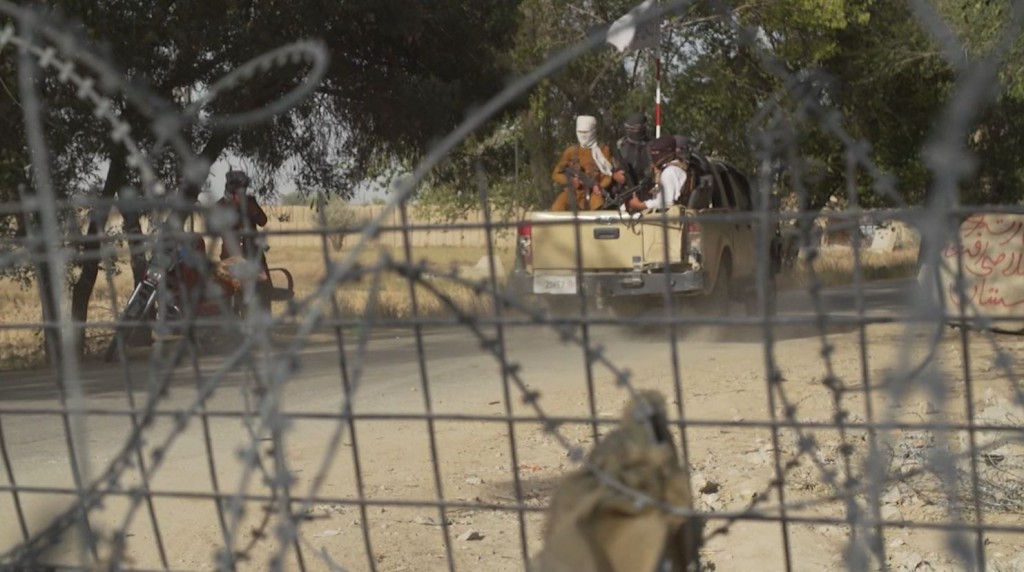Senator Jack Reed and Brown University professor speak on unfolding chaos in Afghanistan

PROVIDENCE, R.I. (WLNE) – Senator Jack Reed spoke about the chaos unfolding in Afghanistan, calling the situation a “shock” and the culmination of years of poor decisions.
The Rhode Island Senator, also a veteran and the Chairman of the Armed Services Committee, says the mission now is to rescue thousands of Americans and Afghans trying desperately to flee the Taliban.
“Right now, the military is securing the airfield and allowing both military and commercial aircraft to land and we’re trying to impose some order so we can get as many people out as possible,” Senator Reed said.
20 years, billions of dollars, and countless lives lost in the matter of a week. Many are now asking, for what?
“I think the greatest shock is the degree to which Afghan military forces surrendered and Afghan political leaders simply handed over their towns and district centers,” Senator Reed said. “I think everyone is a bit surprised frankly and we have to go back and analyze what the intelligence was in terms of their position in Afghanistan.”
Senator Reed questioned the decisions that led to the situation today but defended the choice to interfere years ago. He says a review of how we got here is imperative.
“This is a 20-year saga that stretched across multiple administrations,” Senator Reed said. “Our goal, which we accomplished, was to disrupt and degrade Al Qaeda and we’ve been able to do that now for 20 years. And we’re going to have to continue to do that.”
As Chairman of the Armed Services Committee, Senator Reed says his mission shifts to protecting the American public from future terrorism.
“This is a continuing mission to prevent any terrorist group from getting to the point where they could come to the United States or to our allies and that’s going to require constant attention, surveillance, and intelligence,” Senator Reed said. “Frankly, that’s more complicated when we’re not on the ground in Afghanistan.”
ABC6 News also spoke to Dr. Faiz Ahmed, an Associate Professor of modern and Middle Eastern history at Brown University.
Dr. Ahmed said the situation is far more complicated than just one or two factors and that it dates back decades. He says there were critical moments in the conflict, including before 9/11, to after.
More recent events include negotiations with the Taliban that did not include the backing of the Afghan government and the recent withdrawal of troops. Dr. Ahmed says all those moments fall under different administrations and have contributed.
“It is as you can imagine beyond the images that you saw clinging onto vehicles and airplanes,” Dr. Ahmed said. “I believe we have to think about some of the impossible situations that some families will have to make and are making, including which children or siblings or parents are to be evacuated.”
Dr. Ahmed said it will take more than just one side to begin recovery efforts, including the U.S. and neighboring countries as well as the Taliban to honor universal and Islamic values.



